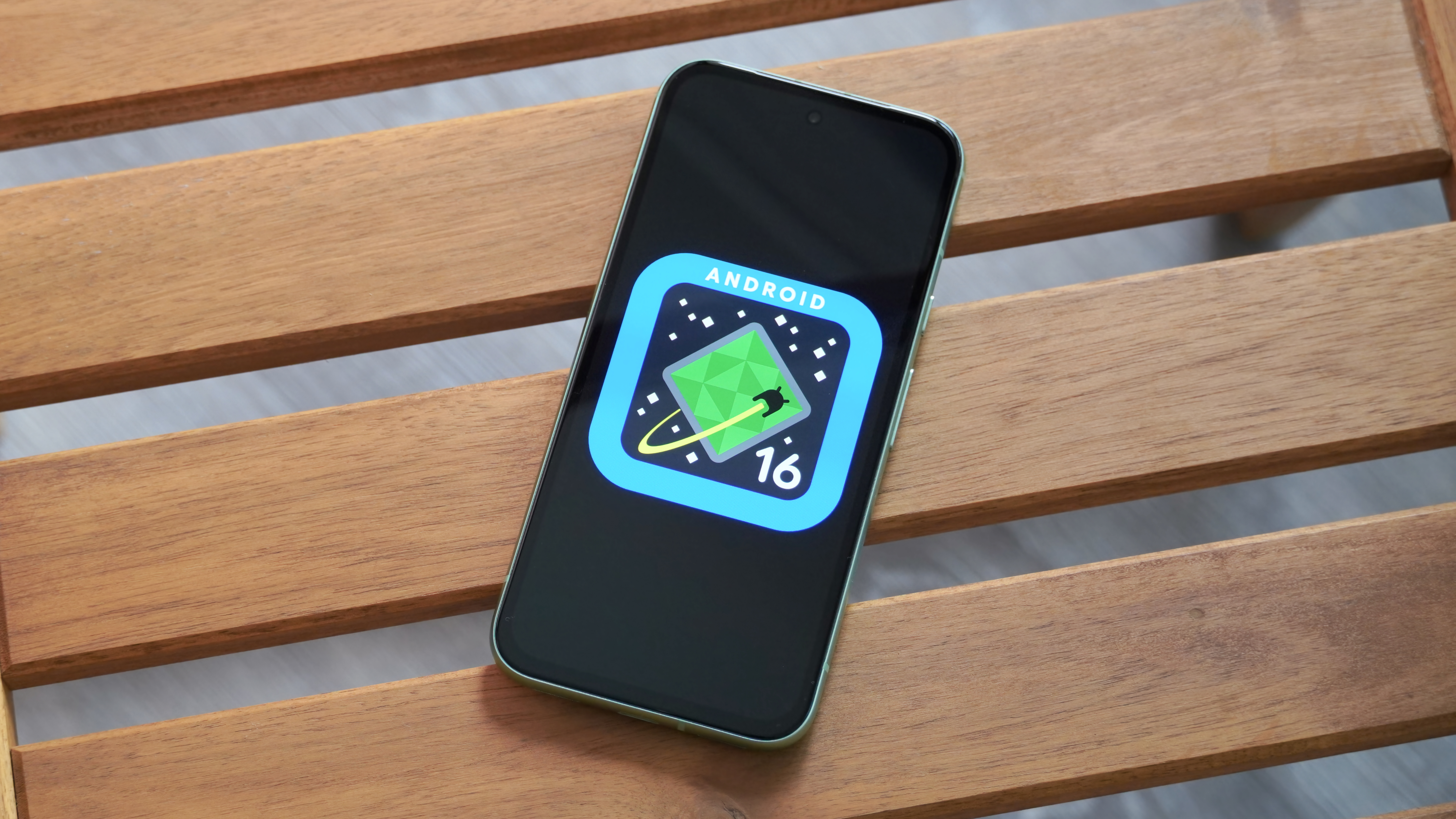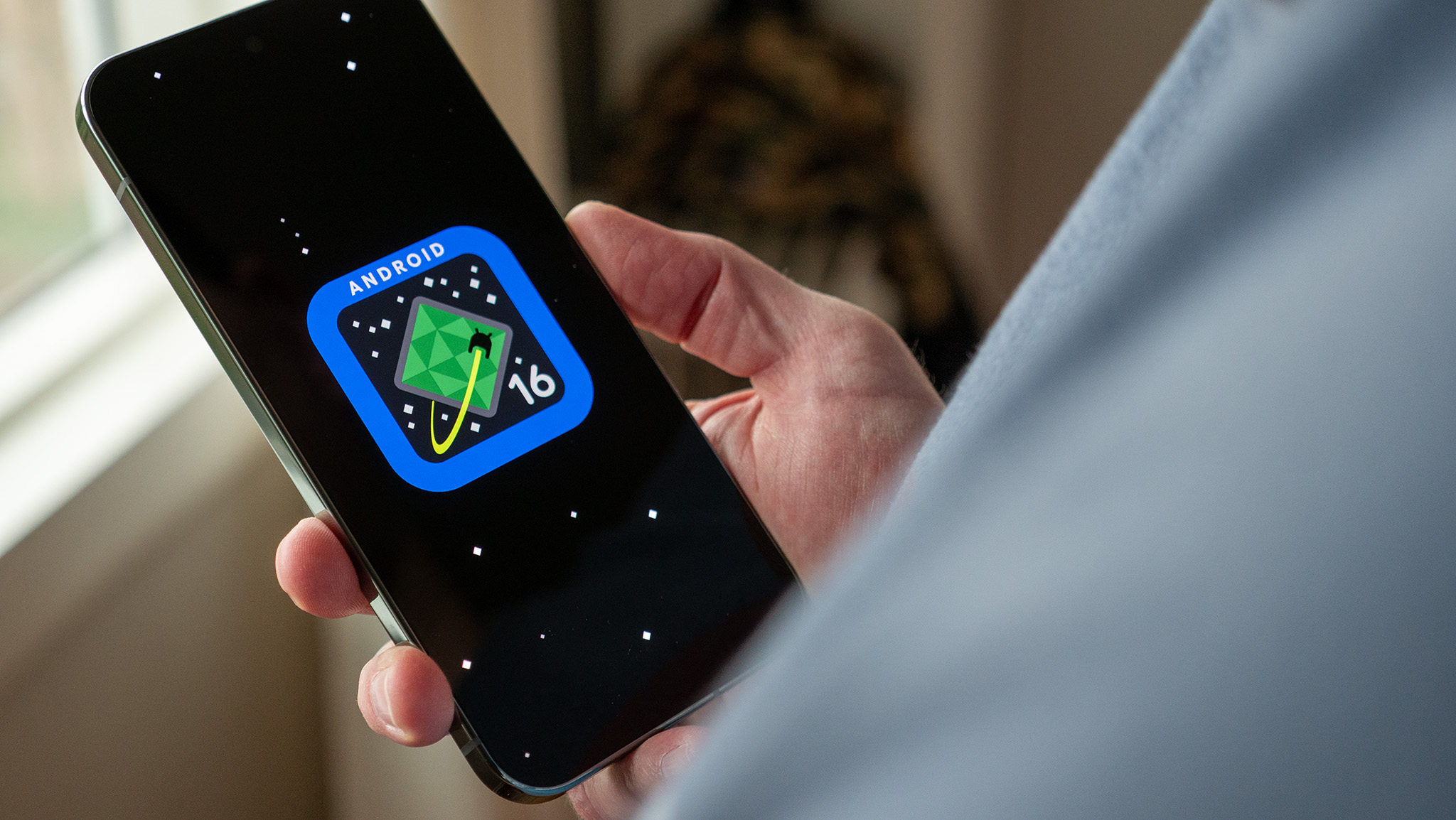'Intrusion Detection' might help Android 16 users catch suspicious phone activity
A strong focus on your digital safety.

Get the latest news from Android Central, your trusted companion in the world of Android
You are now subscribed
Your newsletter sign-up was successful
What you need to know
- Google's code seemingly points toward a new security feature called "Intrusion Detection," which could debut in Android 16.
- The feature, if granted permission, would let your device log encrypted entries about key device information to help you identify suspicious activity.
- Android 16 Beta 4 arrived for testers in mid-April, as Google prepares for its expected May launch of the software.
A report claims Google is working on a new security feature for Android 16 that keeps your finger on the pulse of suspicious activity.
Surprisingly, the discovery was made in a recent Google Play Services app beta by Android Authority, and not in Android 16's Beta. This feature, known in the code as "Intrusion Detection," could be part of Advanced Protection. Alongside tipster AssembleDebug, the publication discovered the feature will contain its own "Log Collection" and store key details about several aspects of your device.
Specifically, Intrusion Detection will log information about your browsing history, app installs, saved Bluetooth connections, lock screen credentials, and Wi-Fi.
A user's Google account comes into play here as the early surfaced code suggests all of these important details will be stored there. What's more, findings suggest the logs will be placed within a "private and encrypted" Google Drive, which only you (the owner) can get into.
Google's code adds the information it stores "can be used for forensic analysis in case of suspicious activity."
Staying Vigilant

On the surface, this feature seems like a useful addition for users looking to keep an extra close eye on their data. The tipster discovered that, as you'd expect, users have to enable this feature by granting permission to store their data. On the other hand, Intrusion Detection feels like an extension of Google's Advanced Protection Program. The purpose of the program is to bring extra, fortified security for users to protect their account information.
Advanced Protection can not only help users avoid malicious downloads, but the company introduced passkey support for sign-ins to the program. This is a part of Google's efforts to move users away from passwords to passkeys, which require biometric credentials.
Get the latest news from Android Central, your trusted companion in the world of Android
The program was also designed to help users who are more "at risk" for cybersecurity attacks, like campaign workers, journalists, human rights activists, and more.
The publication states this isn't the first time its observed Intrusion Detection in Google's code, but it has seemingly progressed since then. Still, there's no telling if we'll see this during Android 16's arrival or after. Speaking of, the company dropped Android 16 Beta 4 for testers in mid-April. The update cleaned up some loose ends as Google prepares for its Q2 2025 launch, which might happen this month.

Nickolas is always excited about tech and getting his hands on it. Writing for him can vary from delivering the latest tech story to scribbling in his journal. When Nickolas isn't hitting a story, he's often grinding away at a game or chilling with a book in his hand.
You must confirm your public display name before commenting
Please logout and then login again, you will then be prompted to enter your display name.
